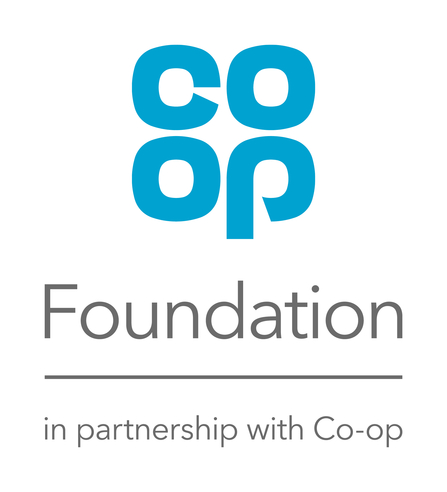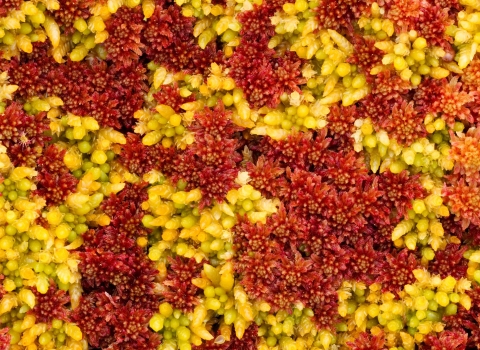The Co-op Foundation's new Carbon Innovation Fund has awarded 14 projects globally from the Galapagos to the Great Fen. Funding of £96,567 for the Great Fen will allow a progression of the Water Works project which has worked to establish wet farming/paludiculture plots on lowland peatland over the last three years, allowing the further collection and analysis of data, with work including:
- Carbon flux monitoring of the wetland crops and peat soils + data analysis with The Centre for Ecology and Hydrology
- Monitoring of crop growth, peat levels and water table with the University of East London
- Support for an MSc in sphagnum types and growth
- Infrastructure, eg pumps, maintenance of crop beds and water transfer systems
- Crop management
Kate Carver Great Fen Project Manager said: “We are thrilled to be in receipt of this funding and working with the Carbon Innovation Fund on protecting and enhancing what makes the Fens so unique. Protecting our Peat will produce the science that shows positive solutions to the massive challenges we face in the Fens are possible.”
Lorna Parker, Great Fen Restoration Manager said: "We hope that this new form of land management will become so much a part of the fabric of the way things are done that future generations will wonder how we ever did it differently. Wet farming, sustainable development and halting climate change will show that we really did change the face of the Fens.”
Other projects being funded worldwide include rain and fog harvesting technology in the Galapagos as a greener alternative to freshwater delivery via tanker, and an oyster hatchery in Cornwall using oysters as a means to take in carbon from the atmosphere.
Funding for the £3m Carbon Innovation Fund has been donated by Co-op from the sale of compostable carrier bags in the UK, with the remainder coming from the Co-op Foundation’s own funds donated by members. It is the largest partnership of its kind between the retailer and its charity, the Co-op Foundation's flexible funding helps to build fairer and more co- operative communities: this is the Foundation’s first fund focused specifically on carbon emission reduction.
Nick Crofts, CEO of the Co-op Foundation, said: “We created the Carbon Innovation Fund to encourage innovation and help tackle emissions in the food and farming industries – and what an incredible first 14 projects we’re funding! From Cornwall to Malawi, we’re working with our new partners to create sustainable change and develop inventive solutions to complex issues. We cannot wait to see what our partners achieve as they co-operate to make our world a better place to live.”
Verity Warnecke, Head of Climate Change, Co-op, said: “We are heading into a climate and environment crisis and have to recognise that we all need to do more, and quicker. The Carbon Innovation Fund forms part of the action we are taking, it supports doing something different and encourages innovation that can be shared to benefit society in general – and the first round of funding does exactly that. It’s this type of co-operation which is needed across the world to help accelerate our response to the climate crisis if we are going to have a natural environment which we are proud to pass on to future generations."


